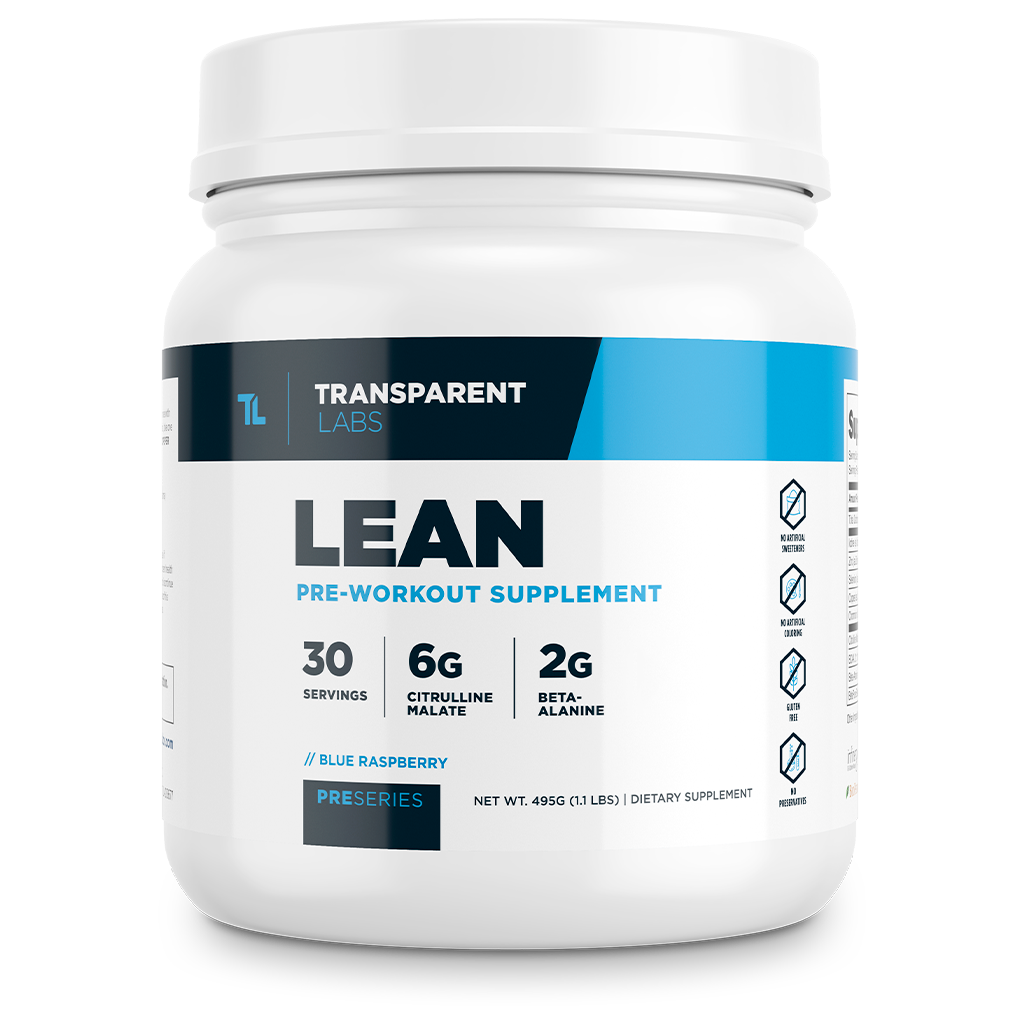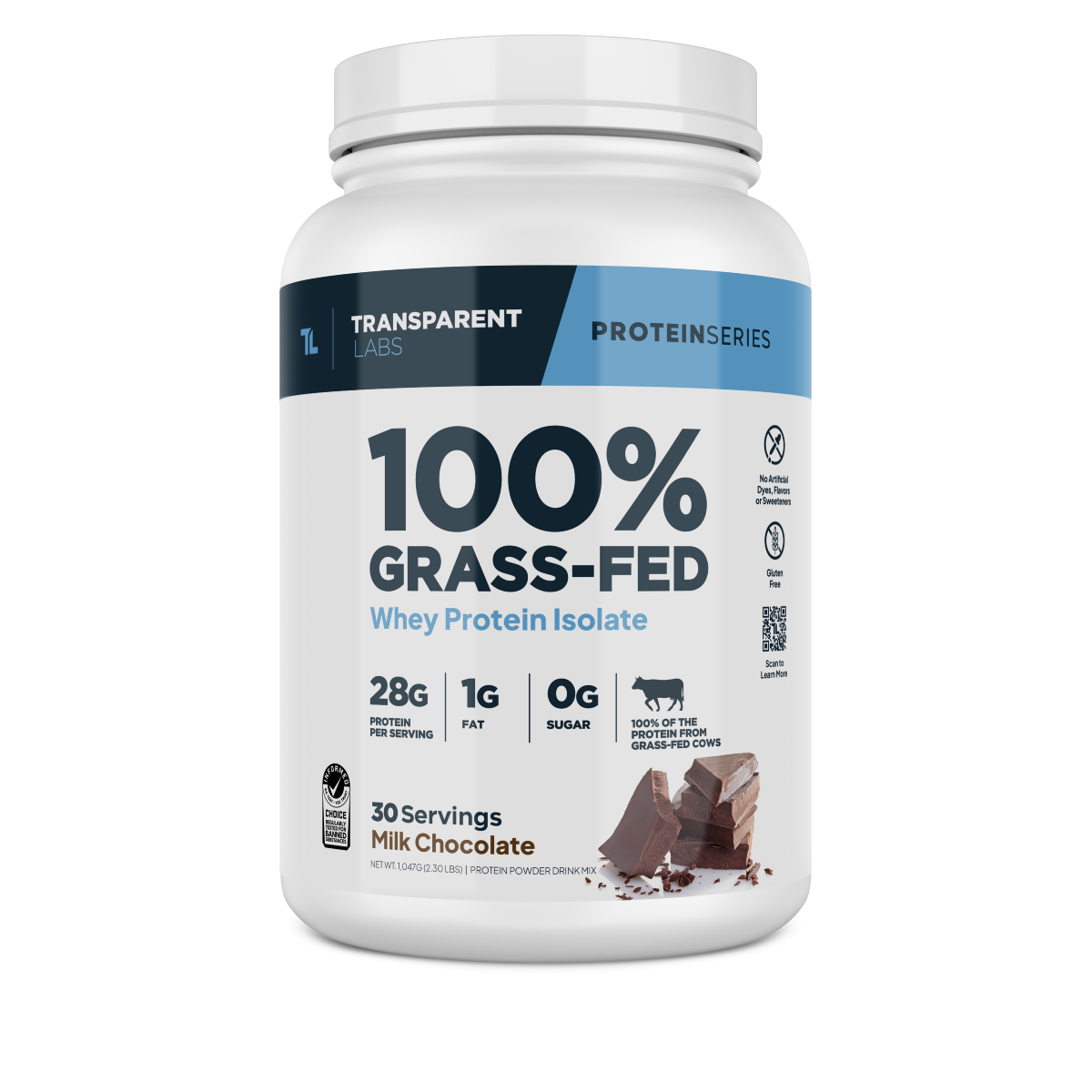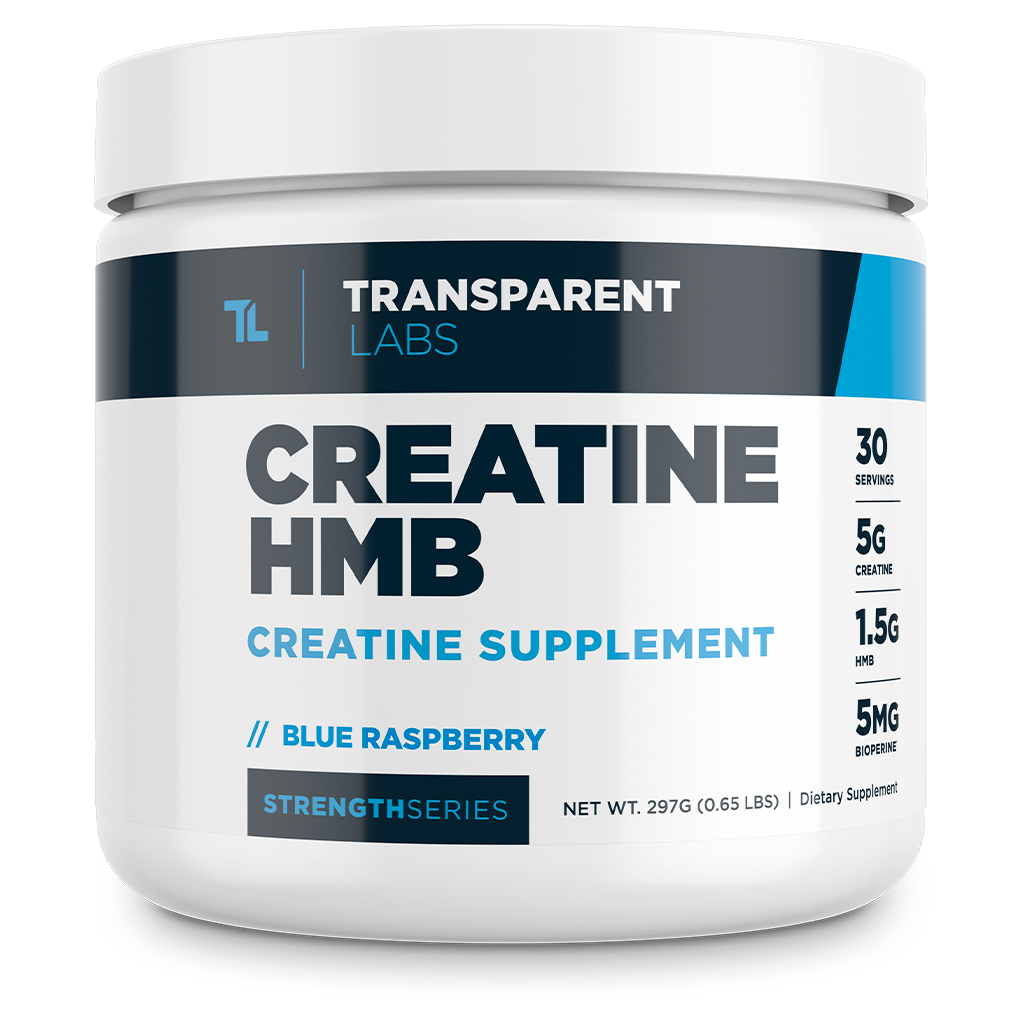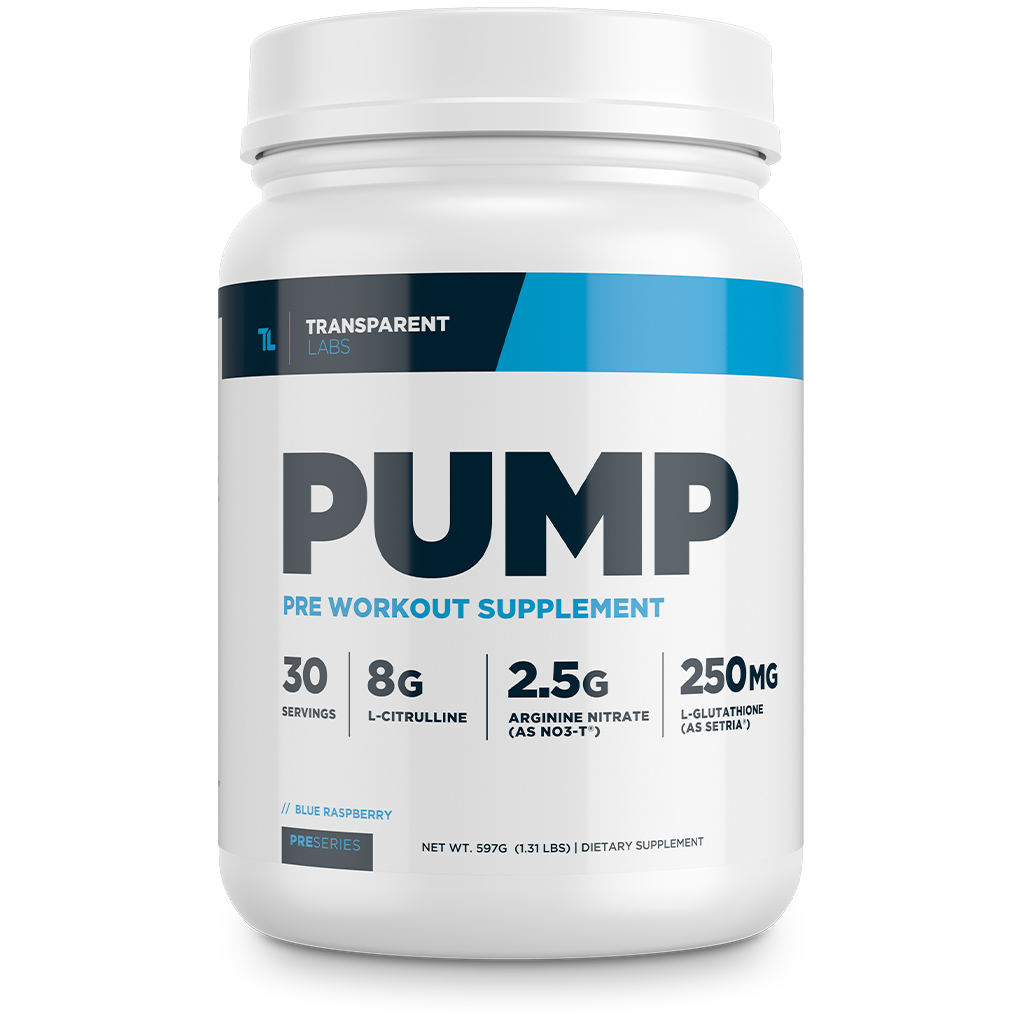Best Time to Take L-Carnitine: Pre-Workout or Post-Workout?

Best Time to Take L-Carnitine: Pre-Workout vs. Post-Workout
L-carnitine is a naturally occurring quaternary ammonium compound found in meats and dairy products. It is important for fat-burning since it transports long-chain fatty acids into mitochondria. Hence, most "supplement gurus" claim that L-carnitine L-tartrate, the most common supplemental form of L-carnitine, is an effective weight-loss agent.
However, there are several forms of L-carnitine, each with distinct applications. Depending on when you take L-carnitine and your goals, the appropriate dosage and form will vary.
This article will dive into the benefits of L-carnitine supplements and how to decide which is best for you.
L-Carnitine Supplementation: The Basics
L-carnitine is often mischaracterized as an amino acid, when in fact, it is a charged molecule known as a "quat" (short for quaternary ammonium compound). The body naturally produces L-carnitine from the essential amino acids lysine and methionine, which likely explains why people commonly mistake carnitine for an amino acid. The average adult male stores roughly 20 to 25 grams of L-carnitine, most of which (~95%) reside in skeletal muscle tissue and the heart [1].
L-carnitine is an important molecular chaperone for transporting fatty acids, particularly long-chain fatty acids, across the outer mitochondrial membrane. Mitochondria are cellular organelles that break down fatty acids to produce chemical energy (e.g., adenosine triphosphate/ATP). As such, mitochondria are veritable "power generators" within cells. The more dense the mitochondria are in your cells, the more energy you burn (i.e., your metabolic rate increases as mitochondria increase).

Taking L-Carnitine Supplements: Which Form Is Best?
A typical Western diet contains roughly 100 mg to 300 mg of L-carnitine per day, mostly from red meat and dairy. In vegan diets, L-carnitine content may be as low as a few milligrams per day. At dietarily relevant intakes, L-carnitine won't produce ergogenic effects or lead to greater weight loss. As such, you'll need to take L-carnitine as a supplement for best results.
But L-carnitine supplementation is a bit more complicated than you might presume. The following section explains why the type of L-carnitine supplement you use and when you take it can make all the difference.
L-Carnitine L-Tartrate
L-carnitine L-tartrate is the carnitine salt of tartaric acid, a naturally occurring substance found in many fruits. Supplement companies often claim that L-carnitine L-tartrate enhances exercise performance, cognitive function, and fat burning/weight loss. Yet, there isn’t much compelling evidence that's the case with this particular type of L-carnitine supplement.
The premise behind L-carnitine supplementation is sound, but a major hindrance of the tartrate form is poor oral bioavailability and uptake into muscle cells. In turn, that may cause side effects, notably gastrointestinal distress. Thus, for L-carnitine tartrate to be effectively absorbed, a large dose is necessary.
Moreover, intravenous administration does not help increase muscle carnitine stores; a series of I.V. infusion studies discuss how this method of administration, similarly to oral supplementation, fails to increase muscle carnitine stores [2].
Not surprisingly, there are conflicting results regarding the effects of L-carnitine supplements on exercise performance and weight loss [3, 4]. The current data is riddled with methodology and practicality issues. Studies that did find a beneficial effect on VO2 max and respiratory quotient could not be replicated/supported by further research, reducing the confidence that the previous results were not anomalous or biased.
L-carnitine may be effective for improving body composition and muscle fat metabolism during exercise. The weight-loss benefits of supplementing with L-carnitine L-tartrate orally and without an ancillary to increase carnitine transport into mitochondria are most apparent in individuals with carnitine deficiencies. In healthy individuals, such benefits of L-carnitine are likely negligible.
Now, that's not to say that the tartrate form of carnitine is "bunk" or useless. There are ways to improve the absorption and uptake of this type of carnitine supplement, and it does appear to be useful for muscle recovery, exercise performance, and nutrient partitioning when taken before meals (and post-workout) [5].
Choline and Insulin: "Shuttles" For L-Carnitine Supplements
To reap the (metabolic) benefits of carnitine supplementation, it's imperative to improve carnitine's bioavailability and uptake into muscle tissue. One way of doing this is to take L-carnitine L-tartrate in combination with supplemental choline.
Choline is a lipotropic agent (read: a molecule that helps break down fatty acids) and appears to act as a "shuttle" for carnitine [6]. It's also a constituent of acetylcholine and phosphatidylcholine. The former is an important neurotransmitter, and the latter is a phospholipid. Phospholipids are components of cell membranes and critical for cellular metabolism and integrity.
However, choline molecules don't actually carry carnitines into the mitochondria of muscle cells and neurons. Instead, choline's likely mechanism causes an upregulation of OCTN2 (a sodium-dependent carnitine transporter) present in many tissues/organs throughout the body, including the brain [7]. Insulin appears to do the same [8]; hence, it's best to take L-carnitine (tartrate) before meals containing carbohydrates or after exercise.
A typical Western diet provides about 400 to 900 micrograms of choline per day, mostly from lecithin (found in egg yolk, liver, meat, and peanuts). Given that an effective dose of choline is several hundred milligrams, a supplement is necessary.
The best approach is to take alpha-glycerylphosphorylcholine (alpha-GPC) or citicoline (CDP-choline along with L-carnitine. Doing so will ensure more L-carnitine (tartrate) gets absorbed and transported into muscle mitochondria.
Acetyl-L-Carnitine (ALCAR)
If you’re not looking to turn your workout supplement regimen into a home science experiment, there is a simpler solution than combining choline and L-carnitine L-tartrate: acetyl-L-carnitine (ALCAR). Acetyl-L-carnitine is simply L-carnitine with an acetyl group (derived from acetic acid) attached to it. This small molecular modification improves the oral bioavailability of L-carnitine and allows it to cross the blood-brain barrier [9] readily.

Therefore, acetyl-L-carnitine supplements are best for pre-workout and nootropic applications. For example, individuals with depression and anxiety may be at risk for dysfunction of brain lipid metabolism [10]; ALCAR is suggested to be a promising alternative treatment for mood disorders by restoring proper fat metabolism in neurons [11].
Research also shows that acetyl-L-carnitine supports cerebral and nervous system function in several ways, such as:
- Enhancing cognitive function and improving mood
- Maintaining healthy DNA
- Promoting blood and oxygen flow to the brain
- Regulating neurotransmitter production and preserving nervous tissue
- Helping metabolize amino acids that modulate brain function
Moreover, ALCAR works in concert with other nootropics, such as citicoline (CDP-choline) and caffeine, bolstering its benefits in the process. And due to its better bioavailability, ALCAR is a useful fat burner.
Science Behind ALCAR for Cognitive Function
ALCAR appears to have neurotrophic effects in the brain (meaning it promotes neural tissue health/regeneration). A neuroscience study by Bigini et al. found that rat embryo neurons treated with ALCAR, but not standard L-carnitine, significantly protected against toxicity from n-methyl-D-aspartate (NMDA) and thus reduced apoptosis (programmed cell death) [12].
In non-nerd lingo, apoptosis is the reason your toes and fingers are no longer webbed. Your cells commit suicide every day as part of your natural biology; this is a protective measure against letting potentially damaged DNA proliferate (which can lead to tumors and cancer).
With that little science lesson out of the way, you can see why ALCAR is a potent neuroprotective and neurotrophic supplement.
But how does ALCAR impact anxiety aside from enhancing your cognitive function?
Along with its many brain-boosting effects, ALCAR also increases choline acetyltransferase activity, an enzyme responsible for creating the neurotransmitter acetylcholine [13]. While acetylcholine is largely responsible for controlling motor neurons throughout your body, it also plays a key role in helping you stay alert, motivated, and upbeat.
Though direct human data on ALCAR use for improving anxiety is still in the works, preliminary findings are promising. In fact, two studies show that ALCAR is as effective as the prescription anti-depressants fluoxetine and amisulpride for treating clinical mood disorders [14].
When to Take L-Carnitine/ALCAR/GPLC
The best time to take L-carnitine supplements is generally either shortly before a meal or exercise. We recommend the acetyl-L-carnitine or glycine propionyl-L-carnitine forms if you plan on taking carnitine to improve athletic performance, cognitive function, and fat burning. Research suggests ALCAR and GPLC are most effective in doses between 500-1,500 milligrams per day [15, 16].
L-carnitine L-tartrate is a worthy post-workout supplement that can help with muscle recovery and soreness. The dosage for this form will need to be a bit higher, generally between 2-5 grams per day. Each serving of Transparent Labs POST contains 2,000 mg of L-carnitine L-tartrate for that reason.
To reiterate, L-carnitine supplementation is likely augmented by taking carbohydrates, alpha-GPC, or CDP-choline supplements since insulin, choline, and carnitine are complementary to one another. Combining them will ostensibly produce greater performance and body composition benefits than taking L-carnitine by itself.




